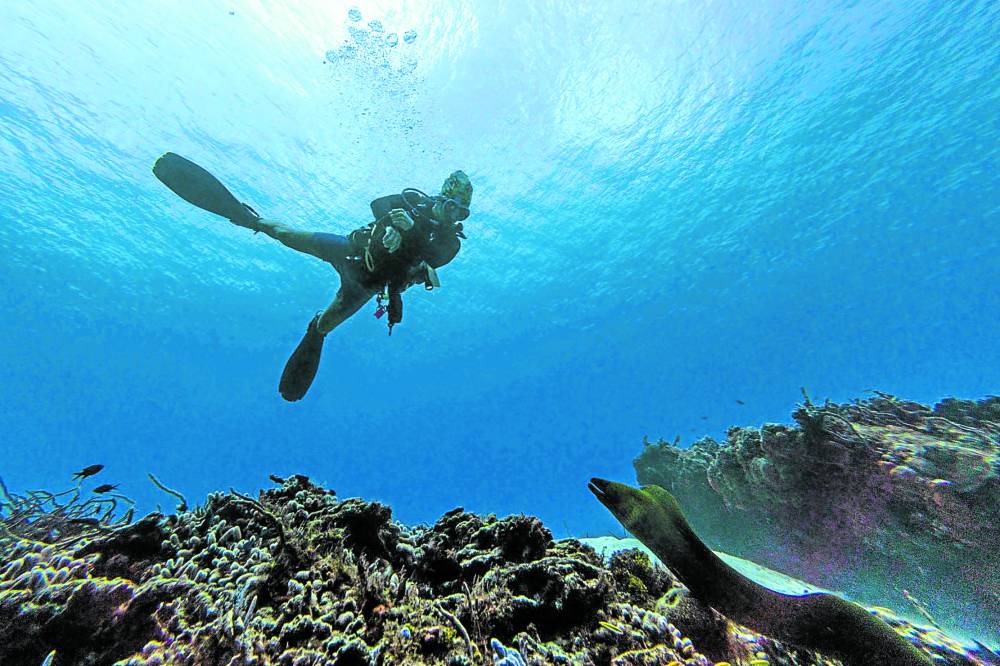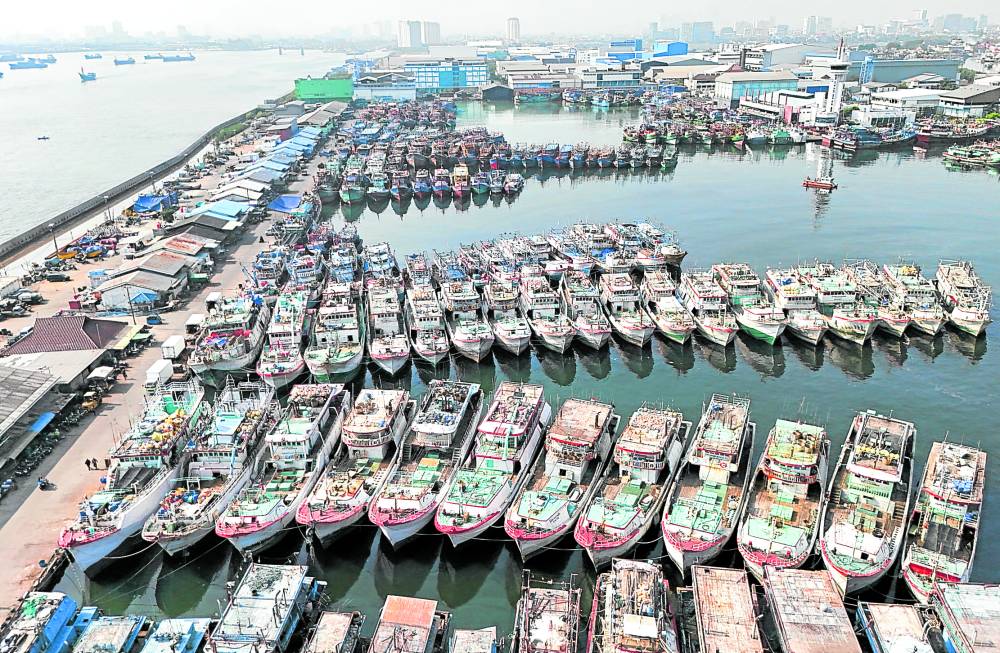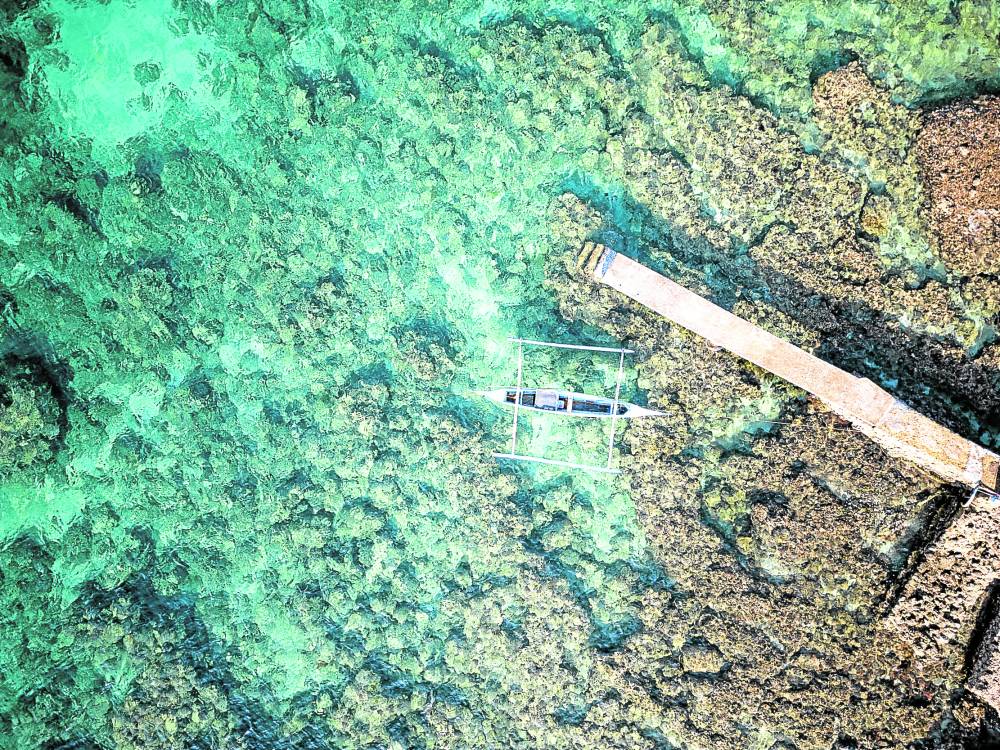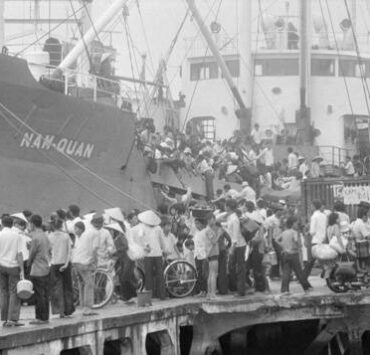‘Revive Our Ocean’ initiative launched to protect coastal waters

SINGAPORE—A new initiative was launched on Thursday to help communities profit from efforts to protect at least 30 percent of the world’s oceans by the end of the decade.
The initiative, dubbed Revive Our Ocean, is led by the NGO Dynamic Planet together with the National Geographic Society’s Pristine Seas program and will assist local communities in their efforts to establish “marine protected areas” in coastal waters.
It will focus initially on tackling overfishing and ocean climate impacts in Britain, Portugal, Greece, Turkey, Mexico, the Philippines and Indonesia.
“The worst enemy of fishing is overfishing,” said Enric Sala, executive director of National Geographic Pristine Seas.
Organizers behind the initiative said that establishing marine protected areas would also have economic benefits, noting a study showing that they improved fishing yields and also boosted tourism.

“Marine protected areas are good businesses,” said Kristin Rechberger, the founder of Revive Our Ocean.
They also said MPA creation has been far too slow, noting that more than 190,000 protected areas would need to be established in order to meet the “30 by 30” target — to bring 30 percent of the oceans under formal protection by 2030.
“Reviving marine life revives local economies and communities. It’s time for the world to recognize that MPAs are the building blocks of the blue economy,” Rechberger said.
Countries are meeting in New York this week to discuss how to implement and finance a global treaty agreed in 2023 to protect ocean biodiversity. The treaty will go into effect once it has been formally ratified by 60 governments.

Though more than 100 countries signed the treaty, only 21 have ratified it. More ratifications are expected ahead of the 2025 United Nations Ocean Conference in France in June.
“Countries are really pulling out all the stops to fast track ratification in a number of places,” said Rebecca Hubbard, director of the High Seas Alliance, a coalition of environmental groups.
Environmental groups say the agreement needs to come into effect this year if the world is to meet its target. Currently, only about 8 percent—or 29 million square kilometers—is protected.
Though the United States was involved in setting up the treaty, it has been absent from this week’s negotiations, and is now not expected to ratify it.
Reuters, the news and media division of Thomson Reuters, is the world’s largest multimedia news provider, reaching billions of people worldwide every day. Reuters provides business, financial, national and international news to professionals via desktop terminals, the world's media organizations, industry events and directly to consumers.

















